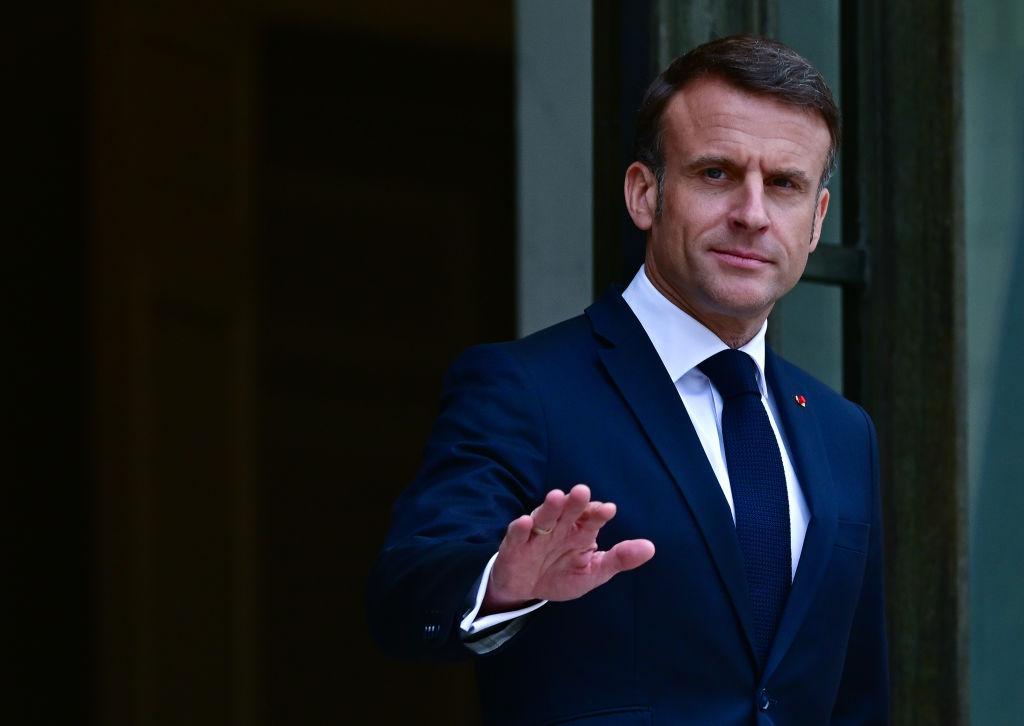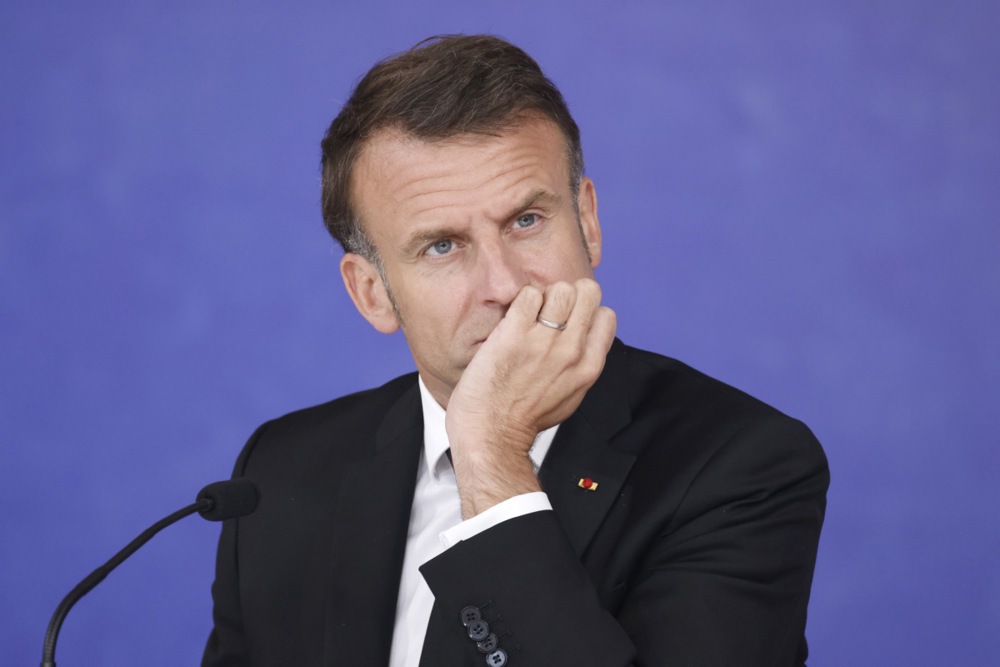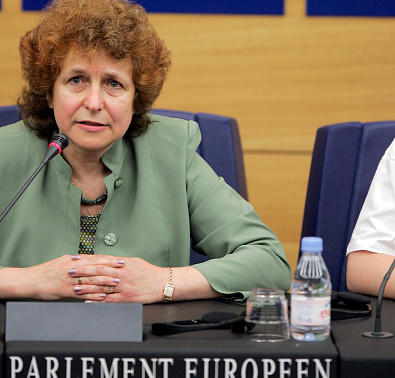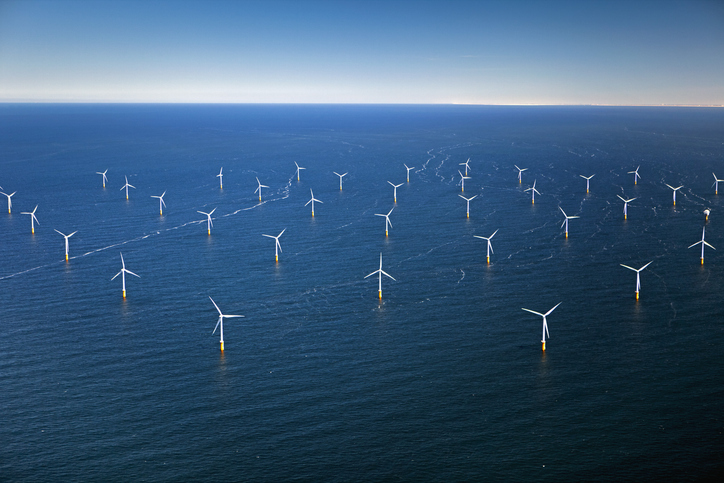“All European nationalists are hidden Brexiteers,” according to French President Emmanuel Macron.
Macron’s Eurosceptic opponents, both in France and beyond, have been selling the public the “same lies” as those who campaigned for the United Kingdom to leave the EU, the French President said in an interview with The Economist published on May 3.
The antidote lay in “being bold enough not to think that their rise is inevitable”, he said. “I say to Europeans, Wake up. Wake up!”
For a leader who has sought to revive his party’s flagging fortunes ahead of June’s European Parliament elections, Macron has now presented himself as the antidote to Euroscepticism.
Marine le Pen’s Rassemblement National garnered 32 per cent in an Ipsos poll published on April 29, solidly ahead of Macron’s coalition on 17 per cent.
Across the European Union, polls predict the EP elections will produce the highest gains for the hard-Eurosceptic Identity and Democracy group, which along with Rassemblement National also includes Germany’s Alternative für Deutschland (AfD) and Italy’s Lega.
Macron has used the launch of his party’s European election campaign to adopt a rhetoric that observers, depending on their perspective, have seen either as increasingly bold or desperate.
Recently, he again refused to rule out sending Western troops to Ukraine if Russia broke through the country’s front lines in the east.
“I’m not ruling anything out, because we are facing someone who is not ruling anything out,” he said.
“If Russia decided to go further, we will in any case all have to ask ourselves this question,” Macron added.
Carl Bildt, a former Swedish prime minister and mediator in the Yugoslav Wars from 1991 to 2001, praised Macron’s position and described the French President’s Ukraine stance as “no red lines, but certainly strategic ambiguity”.
“Right so,” said Bildt, describing it as a “line on our help to Ukraine to defeat the aggression”.
Hungary’s foreign minister Péter Szijjártó was more restrained.
“If a NATO member commits ground troops, it will be a direct NATO-Russia confrontation, and then it will be World War III,” he said.
In his interview, Macron was at pains to exempt Italy’s Prime Minister Giorgia Meloni from his criticism of European “nationalists”, saying she had a “European approach” and had “supported the asylum and Migration Pact”.
Meloni could play a key role in propping up the current EU leadership while persuading it to move rightwards, if she so chooses.
She is chair of the ECR group, which also includes Spain’s Vox, Poland’s PiS, France’s Reconquête, the Sweden Democrats and the Finns Party.
In bargaining over the EU’s top jobs following June’s elections, current European Commission President Ursula von der Leyen indicated recently she would be open to a deal with Meloni’s ECR in order to keep her EC position.
This “depends very much on how the composition of the Parliament is, and who is in what group”, von der Leyen told an April 29 EP debate audience in Maastricht.
If Macron reserved some warm words for von der Leyen, it was Rishi Sunak, a UK prime minister down on his fortunes, that he sought to distance himself from.
Brexit had “impoverished the United Kingdom”, and “has done nothing to solve immigration in the UK”, said Macron. He added that: “Nobody dares to say that anything is wrong.”
That provoked some backlash online from pro-Brexit voices in the UK.
“Mr Macron, Brexit has not impoverished France. You have managed that all by yourself,” wrote Brexit-backer Richard James on X.





